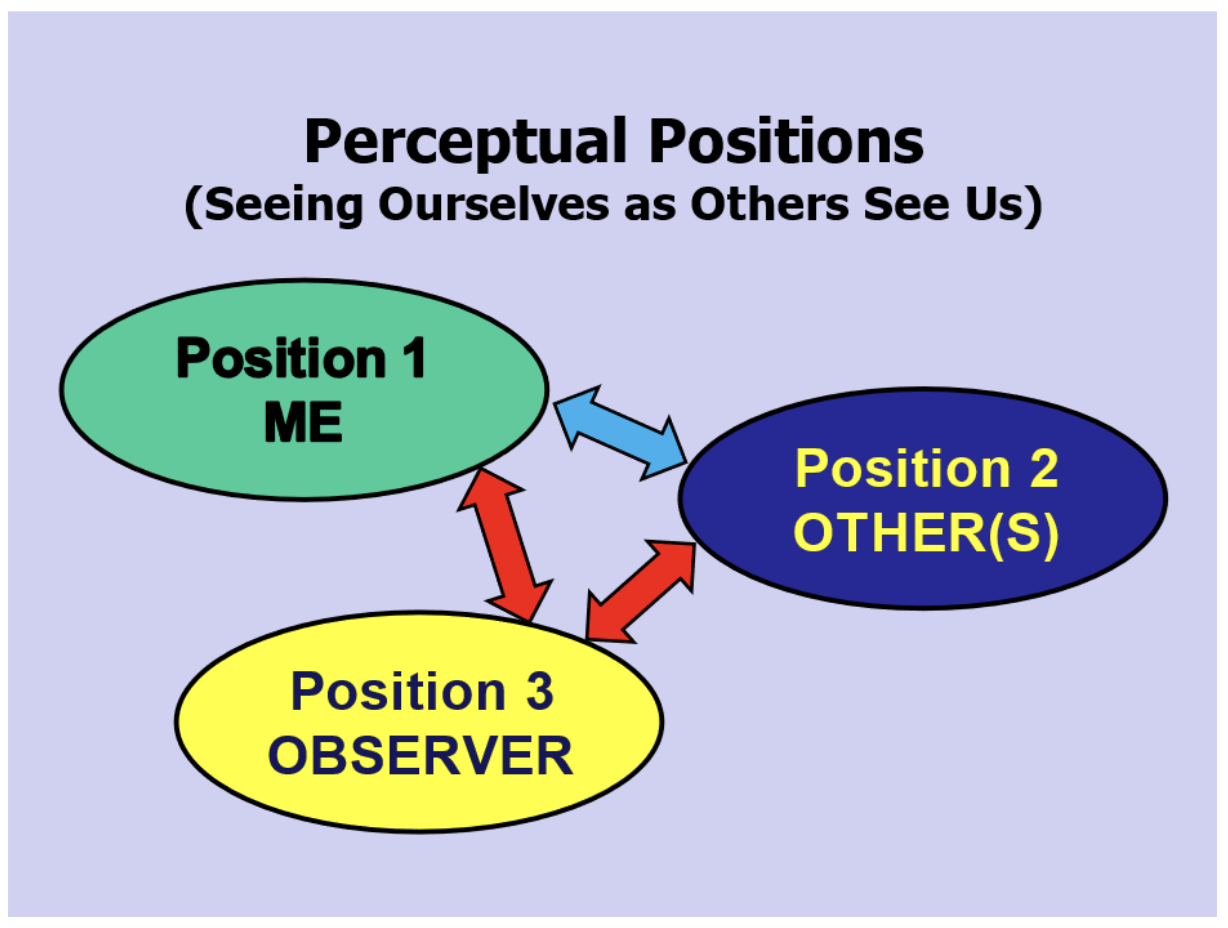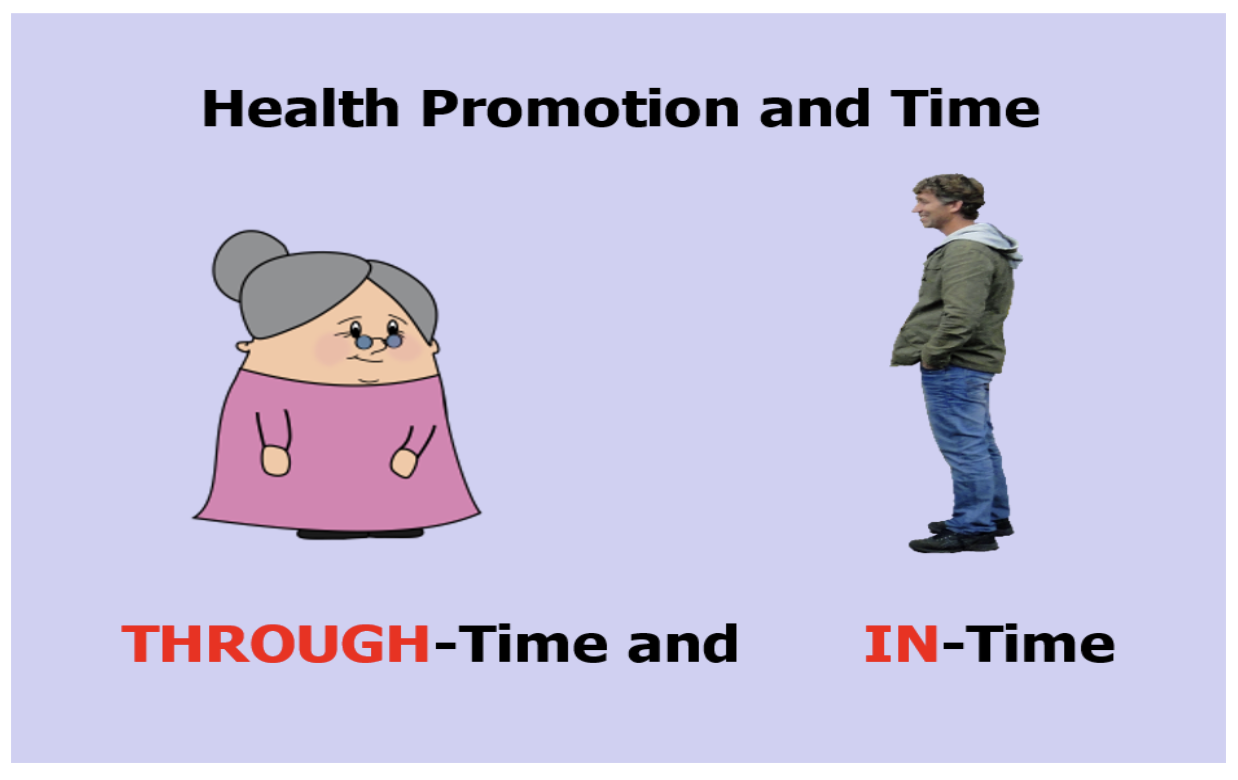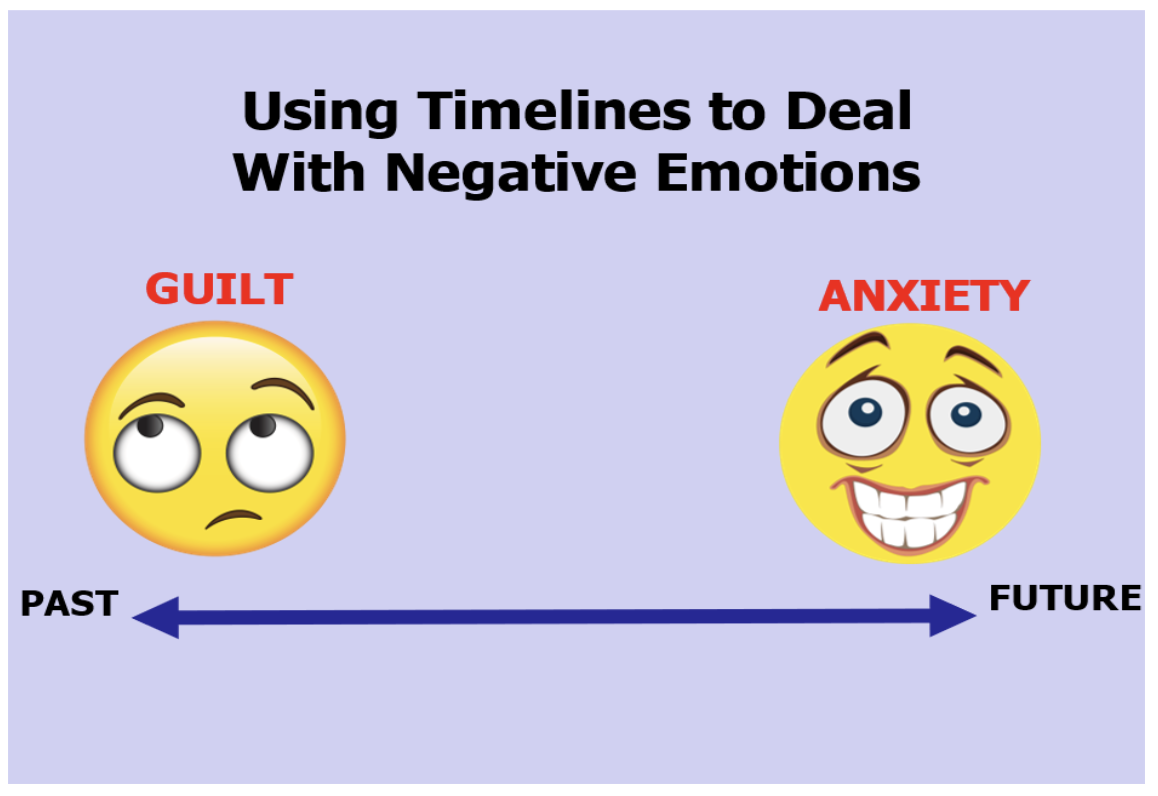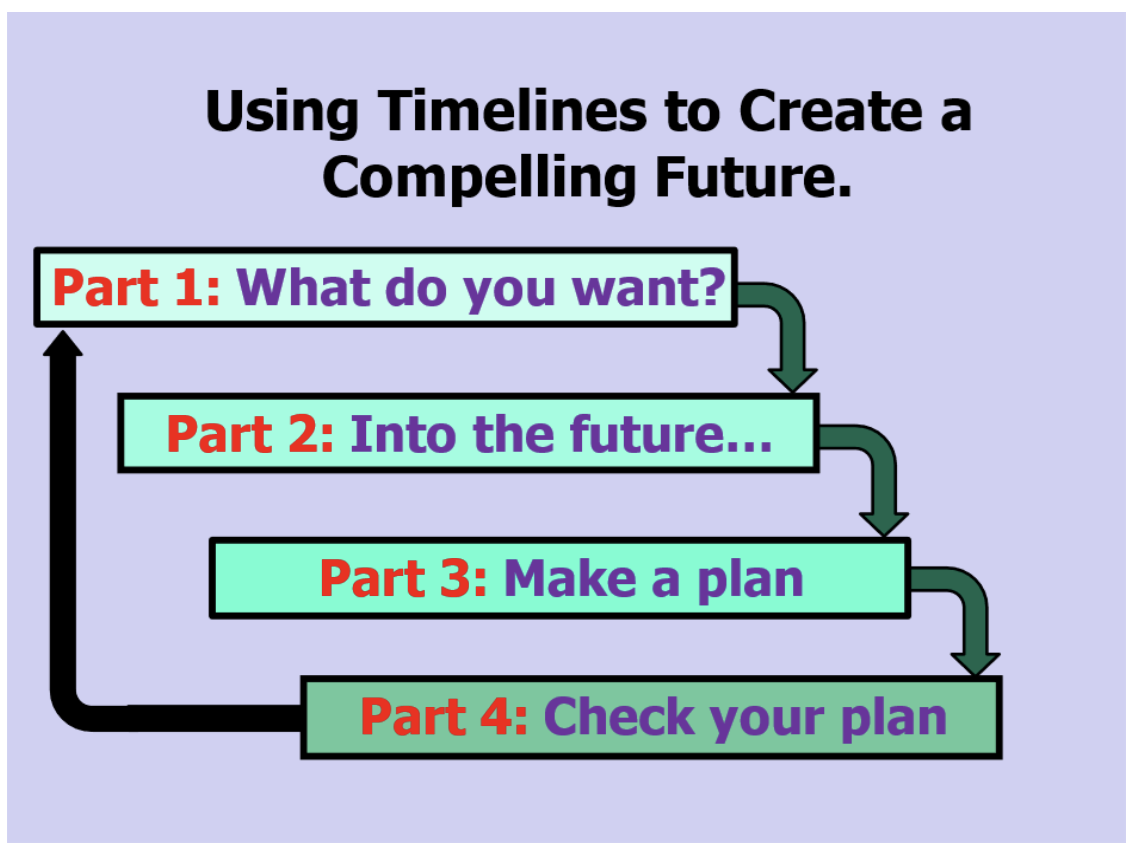1
6. Tools & Techniques (Part 2)
6. Tools & Techniques (Part 2)
Teave
Today, during the sixth day of the international training course Mental Health Promotion in the Youth Field, we continued our work to develop our personal “tool-box” of techniques and resources for our mental health promotion with young people. The focus for our work was about time and how we can use this in our youth work.
Perceptual Positions: Ever wondered why more people aren’t like you? Ever wondered why someone else could misunderstand something that you said or did so completely? This is a great technique for putting yourself in their shoes to gain a bit of insight to answer these questions.

Timelines: We explored how different people link the events of their lives together in different ways. By understanding how they do this using a timeline, it helps us and them to make even greater sense of their lives and the events that make up their lives.

Time and negative emotions: You might find it difficult to feel guilty about something that hasn’t happened. You might find it difficult to feel anxious about something from your past. Some negative emotions are time-related, and knowing this fact we can use this simple technique to manipulate aspects of our lives that require changing.

Creating a Compelling Future: In our final technique in this part of the course, we explored how we can use our timelines to support us to getting future goals, and the changes we want to see in our lives.

Get activity badge
6. Tools & Techniques (Part 2) Get this badge
Today, during the sixth day of the international training course Mental Health Promotion in the Youth Field was our final day of input for the NLP model of Mental Health Promotion. Here’s what we did:
- We looked at the technique of Perceptual Positions to get another person’s perspective on our own experiences.
- We explored the use of time and timelines in mental health promotion in our youth work.
- Using our timelines we used techniques to deal effectively with negative emotions from the past and into the future as well as ways of creating a compelling future for ourselves and others on a timeline.
The holder of the badge will have worked either on their own or in a small group to reflect on the questions:
- how the day has gone
- what has been learned
- how to use this in your youth work
- how else to use it.
The questions are designed to optimise generative learning: they are not just about what the participant has learnt but also how they can use the learning in their work and personal life.
- L1.2: Understanding that learning is lifelong process that requires openness, curiosity and determination,
- L1.3: Reflecting on other people’s feedback as well as on successful and unsuccessful experiences to continue developing one’s potential,
- L2.1: Awareness of potential biases in the data and one’s personal limitations, while collecting valid and reliable information and ideas from diverse and reputable sources,
- L3.2: Planning and implementing learning goals, strategies, resources and processes,
- L3.3: Reflecting on and assessing purposes, processes and outcomes of learning and knowledge construction, establishing relationships and domains,
- P1.1: Awareness and expression of personal emotions, thoughts, values, and behaviour, and
- S1.2: Understanding and regulating personal emotions, thoughts, and behaviour, including stress responses.
Ülesanded
Task no.1
Evidence verified by: one activity organiser
- How has today gone for you?
- What have you learnt?
- How can you use this in your youth work?
- How else can you use it?
Skills
ESCO
#promote mental health
LIFECOMP
#Growth mindset
LIFECOMP
#Critical thinking
LIFECOMP
#Managing learning
LIFECOMP
#Self-regulation
Organiseerijad
Cities of Learning Network
Badge issuer recognized with
Vaheta keelt:
